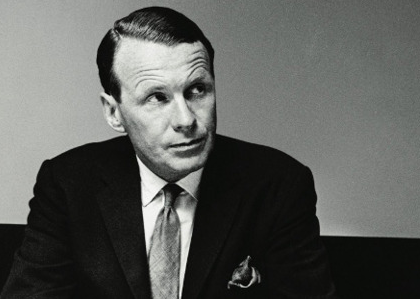Taking writing classes feels like being a well-fed young boy cat: no stomach rumblings making him hunt, just the waiting, watching stalking, leaping and catching for sheer joy of it all.
So far, I am taking Creative Writing with
Nancy Canyon, Blogging, with
Dawn Groves, and Memoir Writing with
Susan Colleen Browne. I trust and respect these writer/teachers, and am glad to be in their classes. I've learned that blogging is a different animal, much busier, much more constant, much more outward oriented, and of course, more technical. And of course, sitting down to write a blog requires discipline, creativity, razor editing, and thoughtfulness. But all the work involved aside, knowing I absolutely have to get out two posts a week for two blogs feels like I've created one of the best jobs I've ever had.
The extraordinary thing about writing practice is that it feeds back into reading practice. Both Nancy Canyon and Susan Colleen Browne recommended reading
Natalie Goldberg and
Annie Lamott (it's really Anne, but to me, she's a friend of the heart, even though we've never met-hence Annie). Yesterday, I was thrilled to find Goldberg's
Wild Mind and Annie's
Bird by Bird waiting for me in section 808.2 at the library. Before and after dinner last night, I inhaled Goldberg's fierce Buddhist prose in short bursts of chapters. She's tough and worn like the mountains and canyons surrounding Taos where she lives.
And yet . . .she is clear that we need to approach our own writing practice with kindness, accept the monkey mind-and go deeper. I learned that my consistent morning writing practice over the last two weeks (originally inspired by Nancy Canyon) has mostly been journaling, as different a fish as one of my albino corys is from my chichli loach, though both are still fish. So, today I grabbed my pad and wrote ten minutes on "I remember" and ten minutes on "I don't remember." Natalie promised that I would go so much deeper in "I don't remember" and she was right. Extraordinary stuff, and it makes me think that if I keep doing this, if I keep trying, I will find lots of nuggets of gold underneath my frozen winter garden.
So this morning after practice, as a much anticipated reward, I picked up
Bird by Bird, and began rereading my old friend. How good she is! Her prose, so energized, so honest, so precise without being stodgy, just flows from one insight to another, like Whatcom Creek slamming against boulders and banks and trees in the spring.
"...So I dropped out at nineteen to become a
famous writer. I moved back to San Francisco and became a
famous Kelly Girl instead.
I was famous for my incompetence and weepiness" (p. xxi).
Aha! She's doing
chaining here, a writing practice that Nancy Canyon and Susan Browne and Natalie Goldberg all recommend. You write a sentence, then use a word from that sentence in the next sentence and so on. Here's, it's nothing but funny, sharp and carries the narrative along swimmingly.
Aha, so this is writing! And of course, it's reading, too. Here's Annie on THAT:
"Because for some of us, books are as important as almost anything else on earth. What a miracle it is that out of these small, flat, rigid squares of paper unfolds world after world at world, worlds that sing to you, comfort and quiet or excite you. Books help us understand who we are and how we are to behave. They show us what community and friendship mean; they show us how to live and die . . . My gratitude for good writing is unbounded; I'm grateful for it the way I'm grateful for the ocean. Aren't you? I ask (p. 15).
You bet. Thank you, Nancy, Dawn, Susan, Natalie and Annie.
 How is your new year’s resolution to
How is your new year’s resolution to